The Welsh government is in the middle of a 12-week consultation on plans to update its bovine TB eradication programme.
Among the measures proposed is more pre-movement testing of cattle and an additional post-movement test where cattle move from high incidence areas in Wales to those where TB rates are low.
The government is also considering whether to use a blood test instead of the traditional skin test as the pre-movement test. The blood test has higher sensitivity (less likely to miss a reactor), but also produces more false positives.
To better inform purchasing decisions, the consultation also seeks views on whether government should make it mandatory that marts display information on the TB history of the selling herd.
Controversial
However, probably the most controversial proposal is a new system for valuing reactor animals. At present, the Welsh use a similar approach to Northern Ireland, where animals are valued individually on farm.
But to save money, one of the proposals is a move to a tabular-based approach as operates in England. Welsh government analysis suggests it would reduce annual costs by £5.1m.
Looking at the latest table values that apply to England in December 2021, it is obvious that savings can be made.
The table value for a bullock over 20 months is £1,183, while a dairy cow is valued at £1,350 and a suckler at £1,036. A pedigree beef bull over 24 months has a set value of £2,255.
Second option
Another option explored in the Welsh consultation is to appoint an independent group that would decide the level of compensation each farmer gets based on compliance with TB controls, and the extent to which a farmer followed good practice around risk-based trading.
The new system would be part-funded by government and via a new milk and beef levy.
Responding to the proposals, NFU Wales said the government’s claim that it is making “good progress” in eradicating the disease was contrary to the experiences of farmers, and that it rejected any move to tabular values for reactors.
The consultation closes to responses on 8 February 2022.
Read more
How Scotland has managed to beat TB
Welsh favour cattle TB vaccine approach
The Welsh government is in the middle of a 12-week consultation on plans to update its bovine TB eradication programme.
Among the measures proposed is more pre-movement testing of cattle and an additional post-movement test where cattle move from high incidence areas in Wales to those where TB rates are low.
The government is also considering whether to use a blood test instead of the traditional skin test as the pre-movement test. The blood test has higher sensitivity (less likely to miss a reactor), but also produces more false positives.
To better inform purchasing decisions, the consultation also seeks views on whether government should make it mandatory that marts display information on the TB history of the selling herd.
Controversial
However, probably the most controversial proposal is a new system for valuing reactor animals. At present, the Welsh use a similar approach to Northern Ireland, where animals are valued individually on farm.
But to save money, one of the proposals is a move to a tabular-based approach as operates in England. Welsh government analysis suggests it would reduce annual costs by £5.1m.
Looking at the latest table values that apply to England in December 2021, it is obvious that savings can be made.
The table value for a bullock over 20 months is £1,183, while a dairy cow is valued at £1,350 and a suckler at £1,036. A pedigree beef bull over 24 months has a set value of £2,255.
Second option
Another option explored in the Welsh consultation is to appoint an independent group that would decide the level of compensation each farmer gets based on compliance with TB controls, and the extent to which a farmer followed good practice around risk-based trading.
The new system would be part-funded by government and via a new milk and beef levy.
Responding to the proposals, NFU Wales said the government’s claim that it is making “good progress” in eradicating the disease was contrary to the experiences of farmers, and that it rejected any move to tabular values for reactors.
The consultation closes to responses on 8 February 2022.
Read more
How Scotland has managed to beat TB
Welsh favour cattle TB vaccine approach



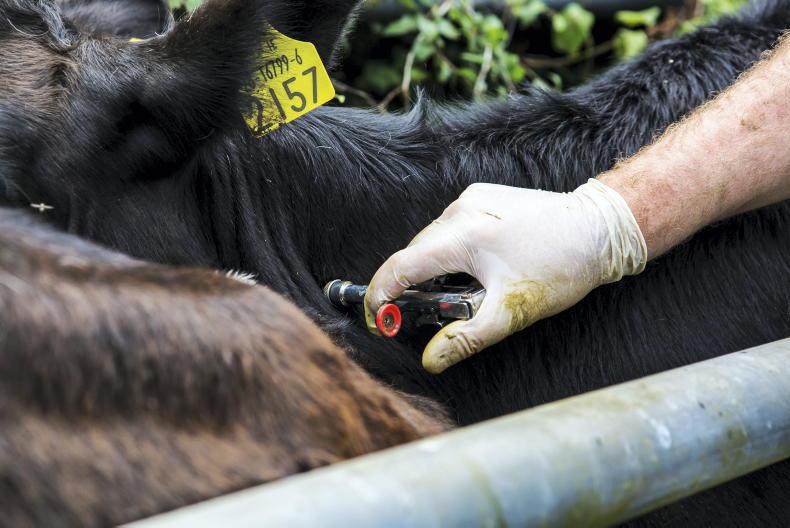

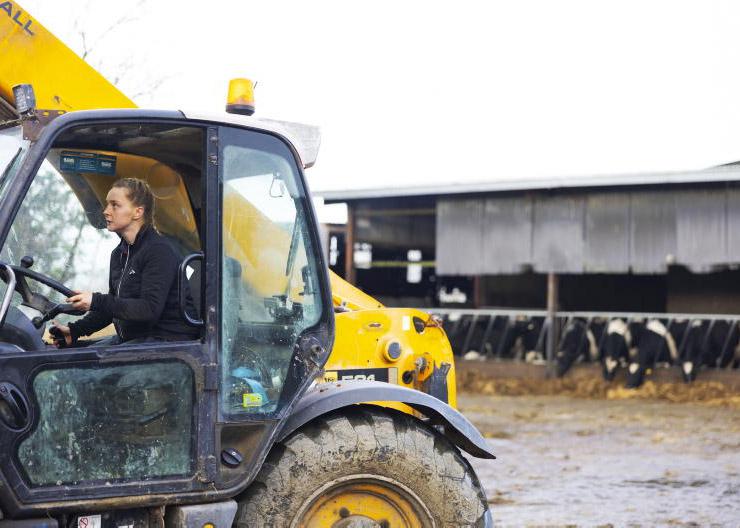

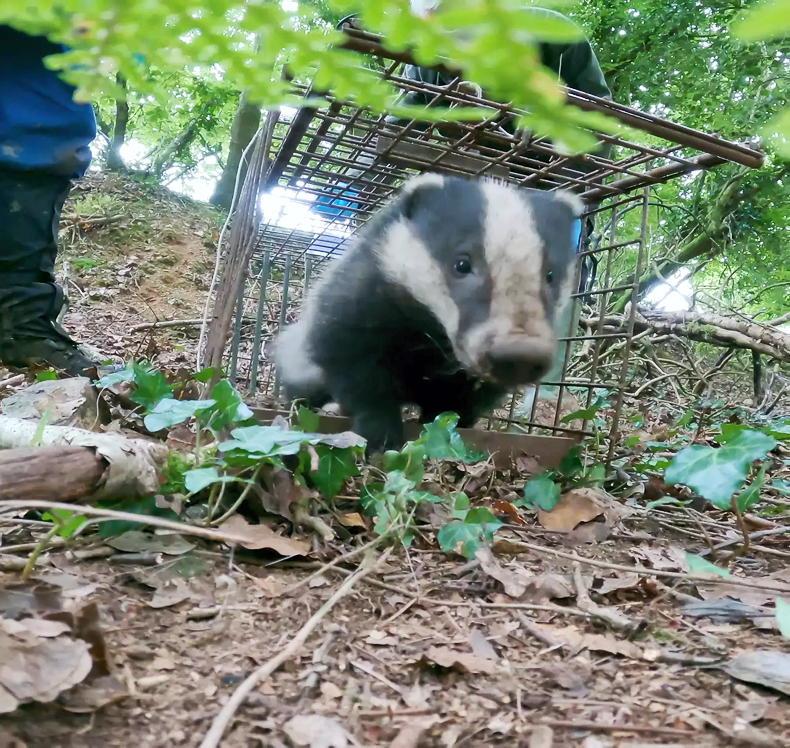
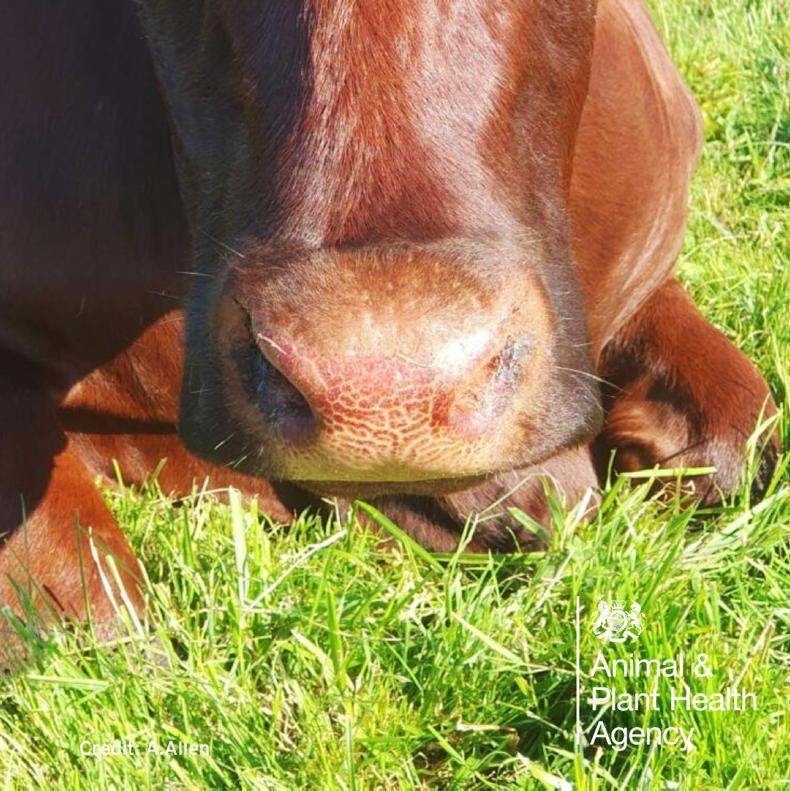
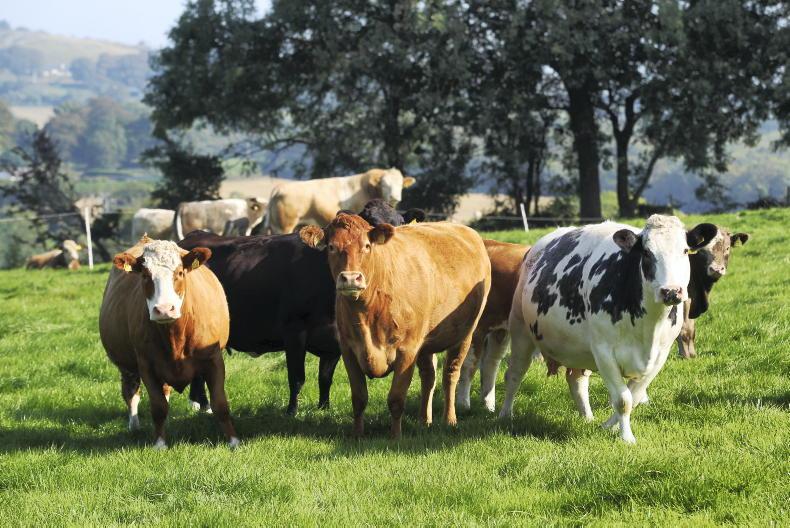
SHARING OPTIONS